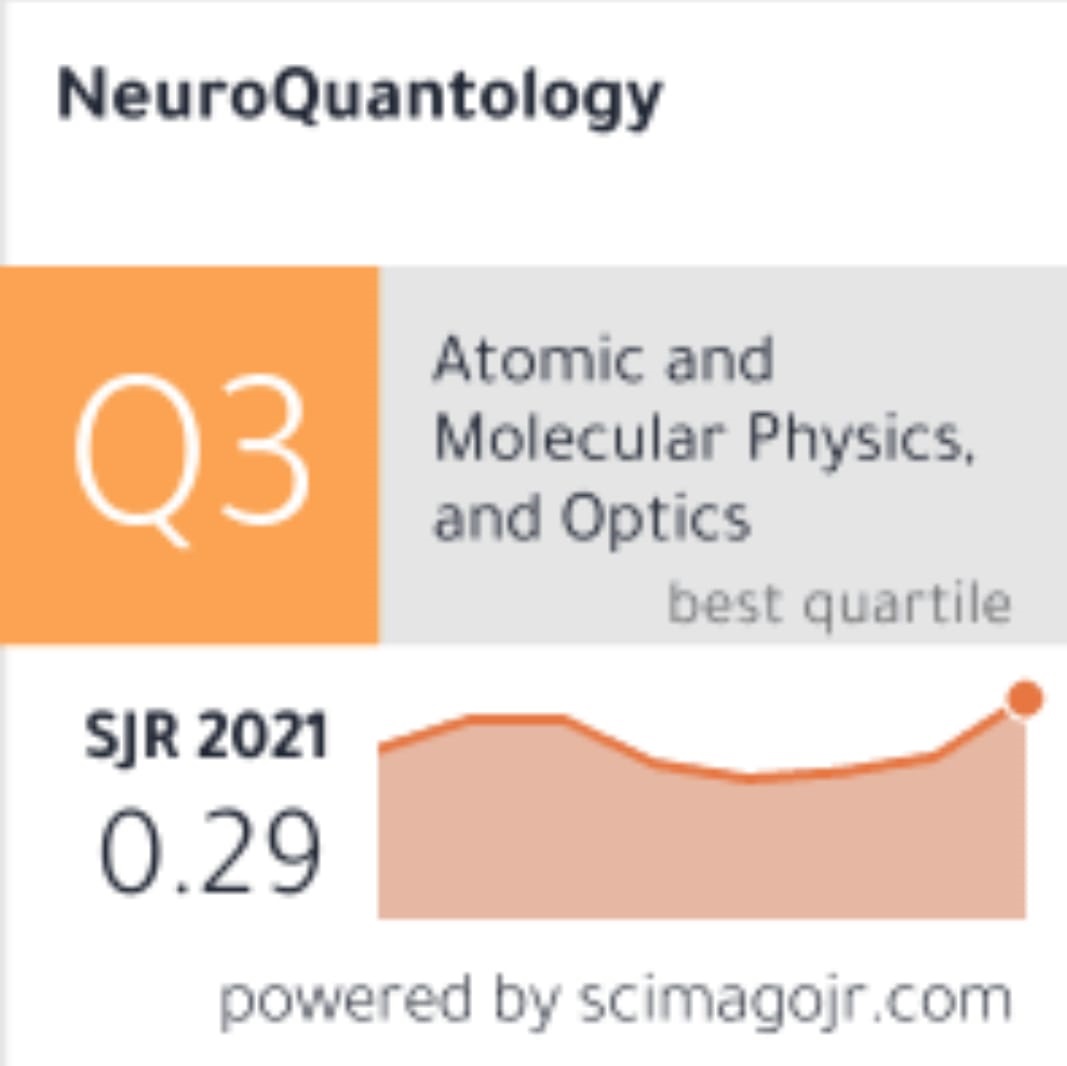


Volume 18 No 8 (2020)
Download PDF
Theoretical Chemistry: Methods and Applications – A Review
Sushreeta Patnaik, Sarbeswar Mishra
Abstract
Theoretical chemistry plays a pivotal role in modern scientific research, providing a theoretical framework for understanding the behavior of atoms and molecules at the molecular and atomic levels. This review provides a comprehensive overview of theoretical chemistry, covering its theoretical foundations, computational methods, applications in chemistry, challenges, and future directions. Theoretical foundations, including quantum mechanics, molecular modeling techniques, and statistical mechanics, are discussed, highlighting their importance in elucidating chemical phenomena. Computational methods, such as ab initio methods, semi-empirical methods, and density functional theory (DFT), are explored in depth, showcasing their utility in predicting molecular properties and reactivity. Applications of theoretical chemistry in molecular structure prediction, chemical reactivity studies, spectroscopic properties prediction, materials science, nanotechnology, and drug design are discussed, demonstrating the broad impact of theoretical chemistry on various fields. Current challenges, such as accurate prediction of properties for large systems, and emerging trends, including machine learning and artificial intelligence, are also addressed. The integration of experimental and theoretical approaches is highlighted as a key direction for future research in theoretical chemistry.
Keywords
theoretical chemistry, quantum mechanics, computational chemistry, molecular modeling, density functional theory, chemical reactivity, spectroscopic properties, materials science, drug design, machine learning.
Copyright
Copyright © 2025 Neuroquantology
Creative Commons License
This work is licensed under a Creative Commons Attribution-NonCommercial-NoDerivatives 4.0 International License.
Articles published in the Neuroquantology are available under Creative Commons Attribution Non-Commercial No Derivatives Licence (CC BY-NC-ND 4.0). Authors retain copyright in their work and grant IJECSE right of first publication under CC BY-NC-ND 4.0. Users have the right to read, download, copy, distribute, print, search, or link to the full texts of articles in this journal, and to use them for any other lawful purpose.
